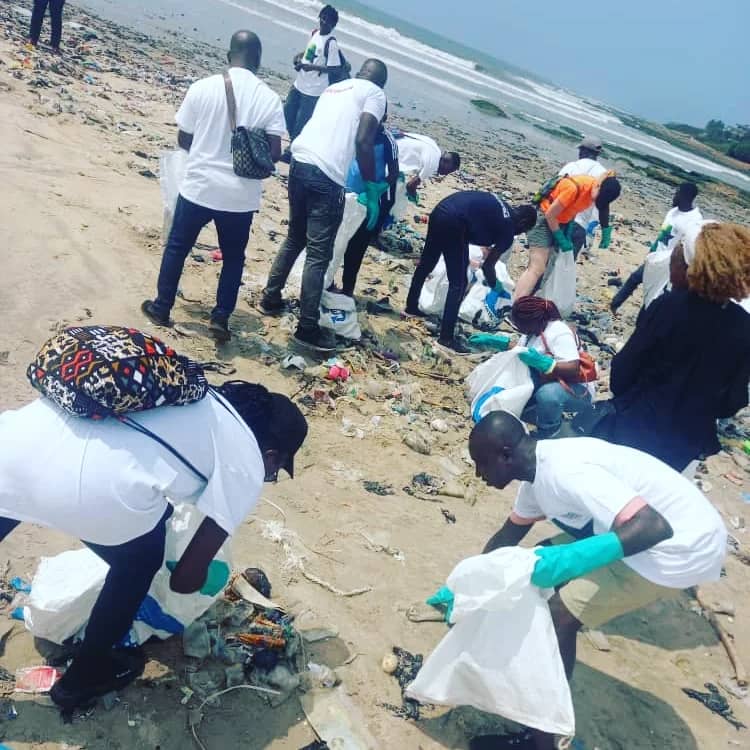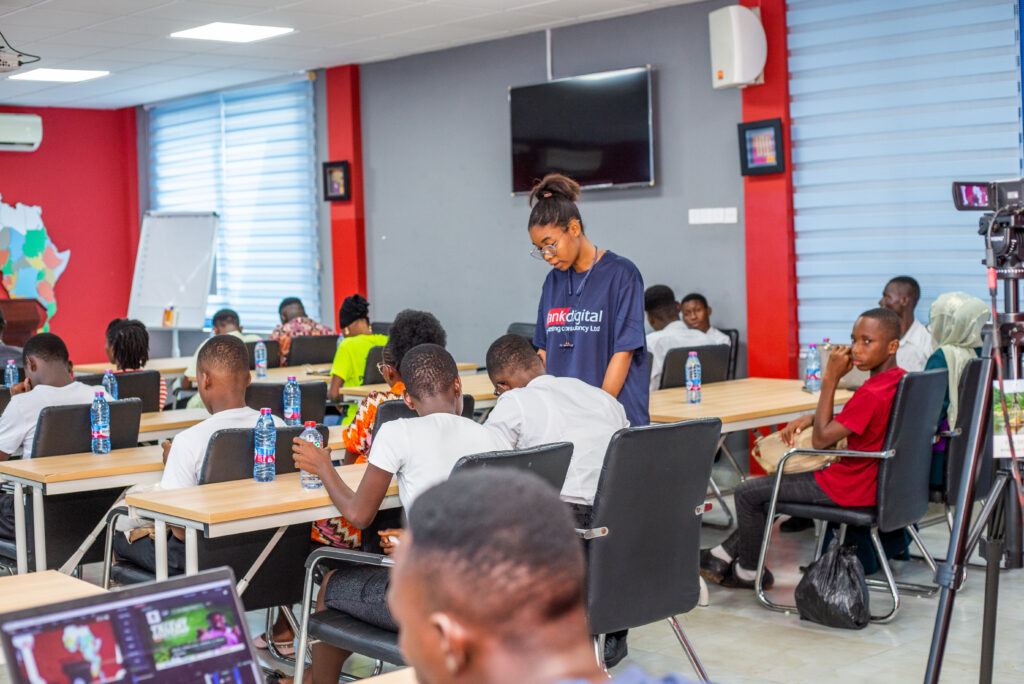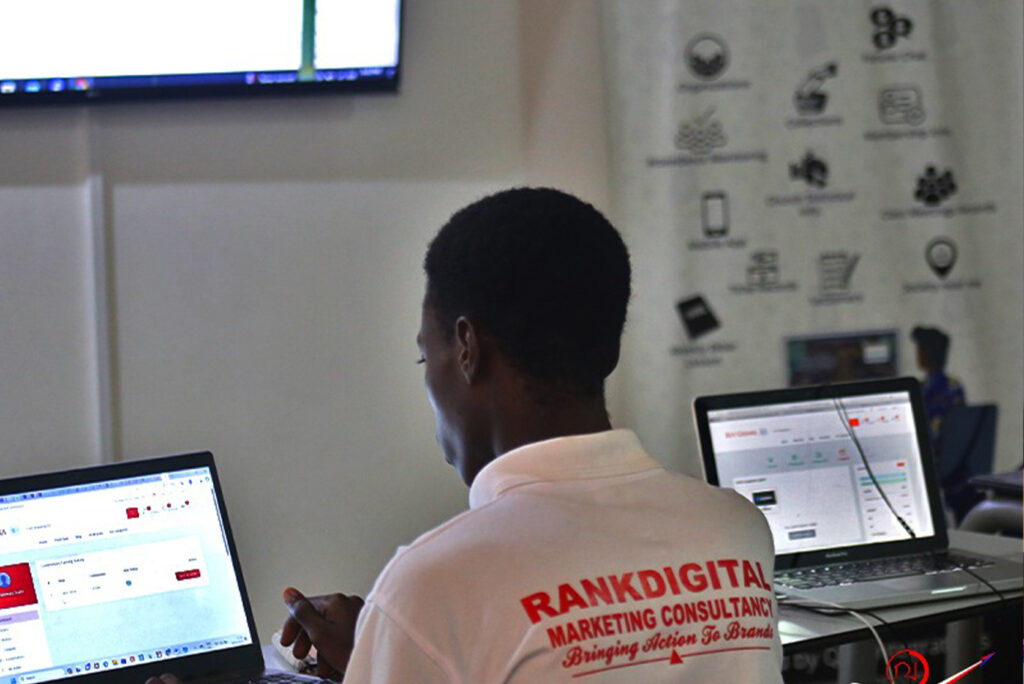
When Activism Becomes a Trend: Reclaiming Purpose in Youth and Women-led Civic Action
By Frank Mensah — Founder, Rankdigital Foundation
Freedom of expression and civic engagement are essential pillars of a healthy democracy. For youth and women, groups historically sidelined in policy-making, activism offers a pathway to be seen, heard, and to demand change. But as digital platforms amplify voices, a worrying pattern has emerged: activism is sometimes reduced to performative gestures, short-lived campaigns, or even opportunistic ventures driven by personal gain rather than community impact. When that happens, urgent problems, such as plastic pollution, illegal mining, cybersecurity threats, and under-addressed local public services, are left unaddressed.
This is not an argument against protest or political pressure. Civic action has driven real change across Africa. But to be credible and durable, civic movements must broaden their focus, anchor their motives in transparency, and pair public pressure with practical solutions.
Narrow Agendas, Wide Consequences
Young people naturally respond to visible injustices, erratic governance, economic hardship, and political decisions that shape daily life. Digital tools make it easy to mobilize large groups quickly and efficiently. Yet when activism centers only on political personalities, the resulting energy can fail to solve systemic problems that require long-term commitment.
Take illegal small-scale mining (“galamsey”) in Ghana: the practice destroys waterways, contaminates farmland, and displaces communities, yet combating it requires sustained community engagement, improved supply-chain governance, and economic alternatives for miners, not only protest slogans. Recent reporting highlights how surging gold prices and weak enforcement have intensified galamsey, prompting national task forces and renewed public debate. Urgent civic attention must translate into practical partnerships, monitoring, policy reform, and livelihood programs, so protests become the opening act, not the whole play.

Similarly, plastic waste is a growing public-health and environmental crisis in Ghana. From overflowing landfills to polluted coastlines, the scale of the problem demands both policy enforcement and community-led behavior change. Youth organizations that combine street clean-ups with advocacy for stronger enforcement of plastic regulation create visible local wins and shape the enabling environment for systemic change.
Cyber Risk and Civic Credibility
An overlooked but urgent issue is cybersecurity. As more civic activity moves online, activists, journalists, and vulnerable citizens become targets for scams, doxxing, and coordinated misinformation. Recent pan-African operations arrested hundreds of suspected scammers, underscoring how financial and reputational harm spreads quickly online. If activists aren’t trained in digital safety, their platforms and those they represent can be weaponized against them and their causes. Interpol
From Performance to Practice: How to Rebuild Trust
To reclaim the moral high ground and sustain change, youth and women-led movements should consider five practical shifts:
1. Diversify the agenda. Link political accountability with sectoral problems, environment, data protection, waste management, and public health. Campaigns that target a suite of interrelated issues broaden appeal and practical impact.
2. Embed transparency. Publish funding sources and partnerships. When movements disclose budgets and sponsors, they reduce the perception of opportunism and strengthen public trust.
3. Pair protest with projects. Combine advocacy with direct action: tree-planting, cybersecurity clinics, community recycling hubs, and small infrastructure projects show measurable outcomes.
4. Invest in digital safety. Equip activists with training on secure communications, social-media verification, and personal security to reduce vulnerability and improve message credibility.
5. Foster institutional engagement. Move beyond confrontation alone: join regulatory working groups, university committees, and district planning councils. Institutional engagement ensures voices are included in policy formulation, not only in public rebuke.
Case Studies from Ghana: Practical Models
Green Campus Campaigns (University Chapters). Campus eco-clubs led by student groups such as those affiliated with Green Africa Youth combine clean-ups, recycling pilots, and advocacy for single-use plastic bans on campus. These groups show how combining education with practical projects changes behavior and creates replicable campus models. Break Free From Plastic+1
Community Anti-Galamsey Coalitions. Local communities in affected river basins have partnered with civil society and journalists to produce mapped evidence of pollution and to pressure authorities for enforcement and alternative livelihoods. These coalitions pair data collection with legal and economic interventions, shifting the debate from blame to solution. Al Jazeera
Digital Safety Clinics. In response to rising online scams, coordinated trainings led by foundations, universities, and enforcement agencies teach citizens to spot fraud, protect their identity, and secure business transactions. These clinics both protect individuals and enhance the credibility of online civic spaces. Interpol
A Role for Rankdigital Foundation



At Rankdigital Foundation, we believe authentic civic engagement combines voice and value. Our commitments include:
- Digital literacy & safety training for youth and women, focusing on secure communication, data privacy, and safe fundraising.
- Community action labs that pair advocacy campaigns (e.g., anti-plastic drives) with measurable service outputs (recycling stations, collection points).
- Policy engagement workshops that prepare grassroots leaders to contribute to municipal and national policy consultations.
- Transparency toolkits to help civic groups publish budgets, donor logs, and impact reports.
Conclusion: Turning Trend into Tradition
Activism must be answerable to the communities it claims to represent. When youth and women anchor their advocacy in transparency, multi-issue agendas, and practical interventions, they move from trending topics to durable change-makers. Democracy is revived not by spectacle but by steady civic practice: by building schools, protecting rivers, securing online spaces, and holding institutions accountable day after day.
If you lead or belong to a youth or women’s civic group and want practical support training, toolkits, or partnership Rankdigital Foundation is ready to collaborate. Let’s turn righteous energy into sustainable impact.


